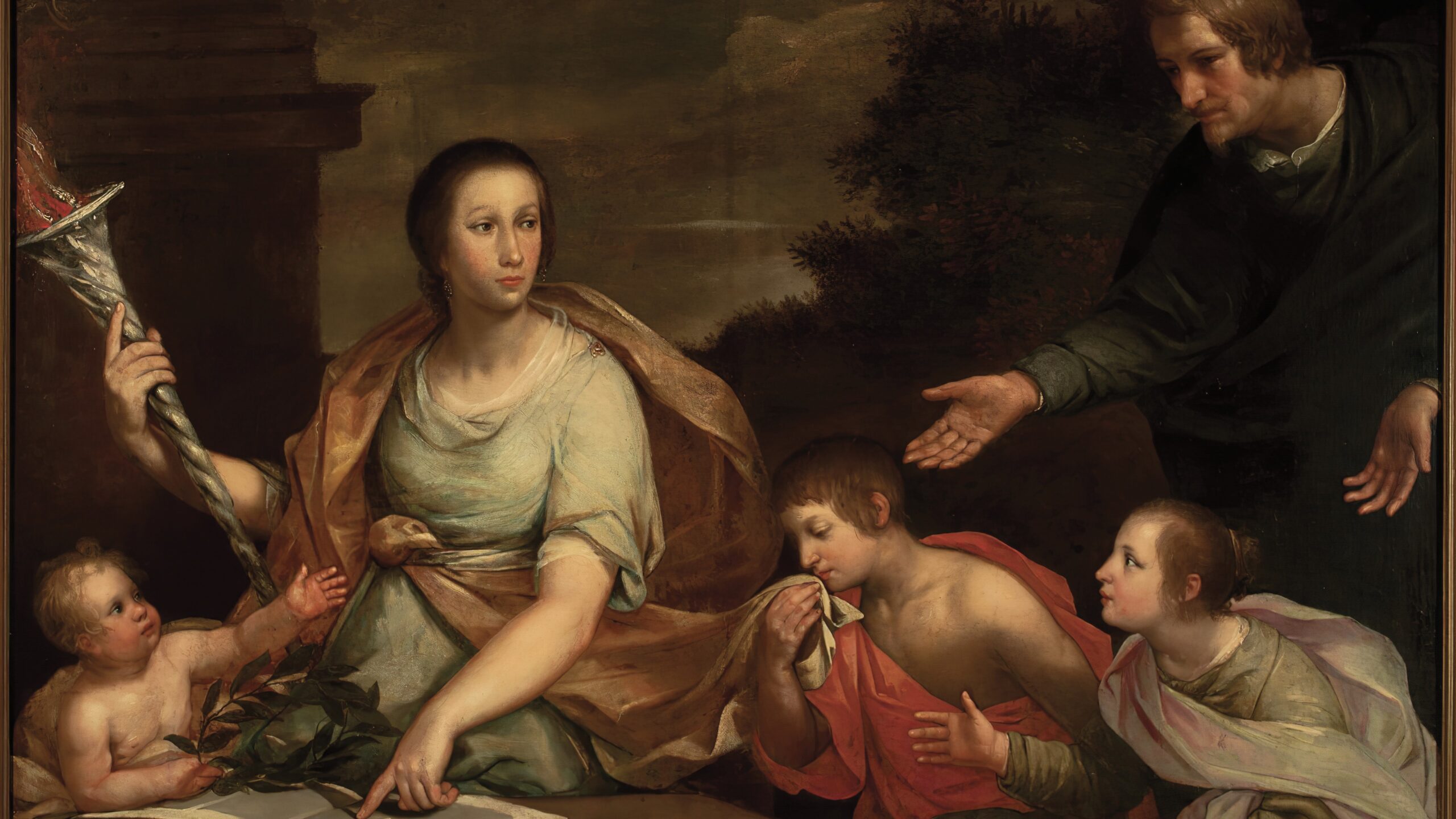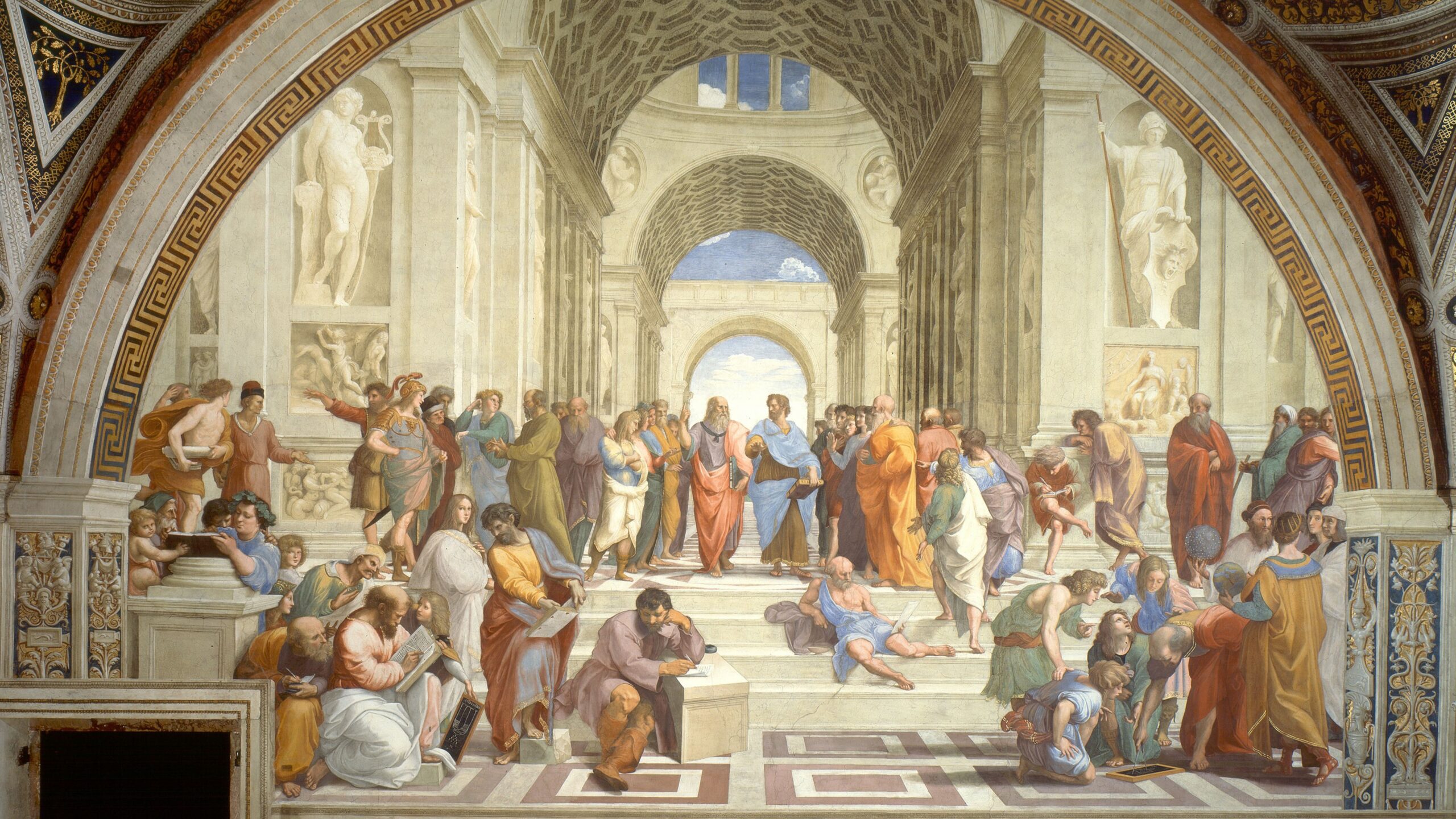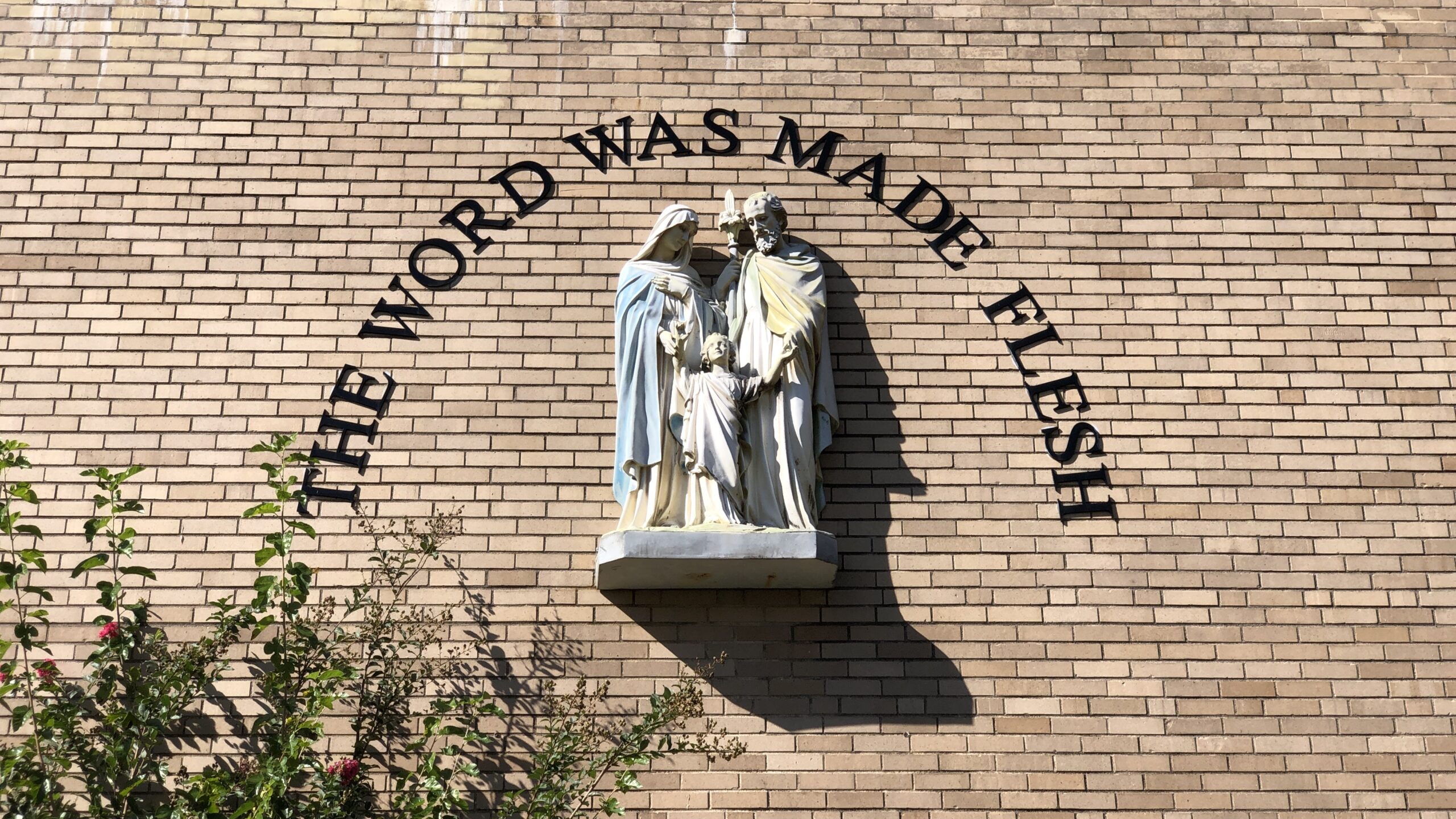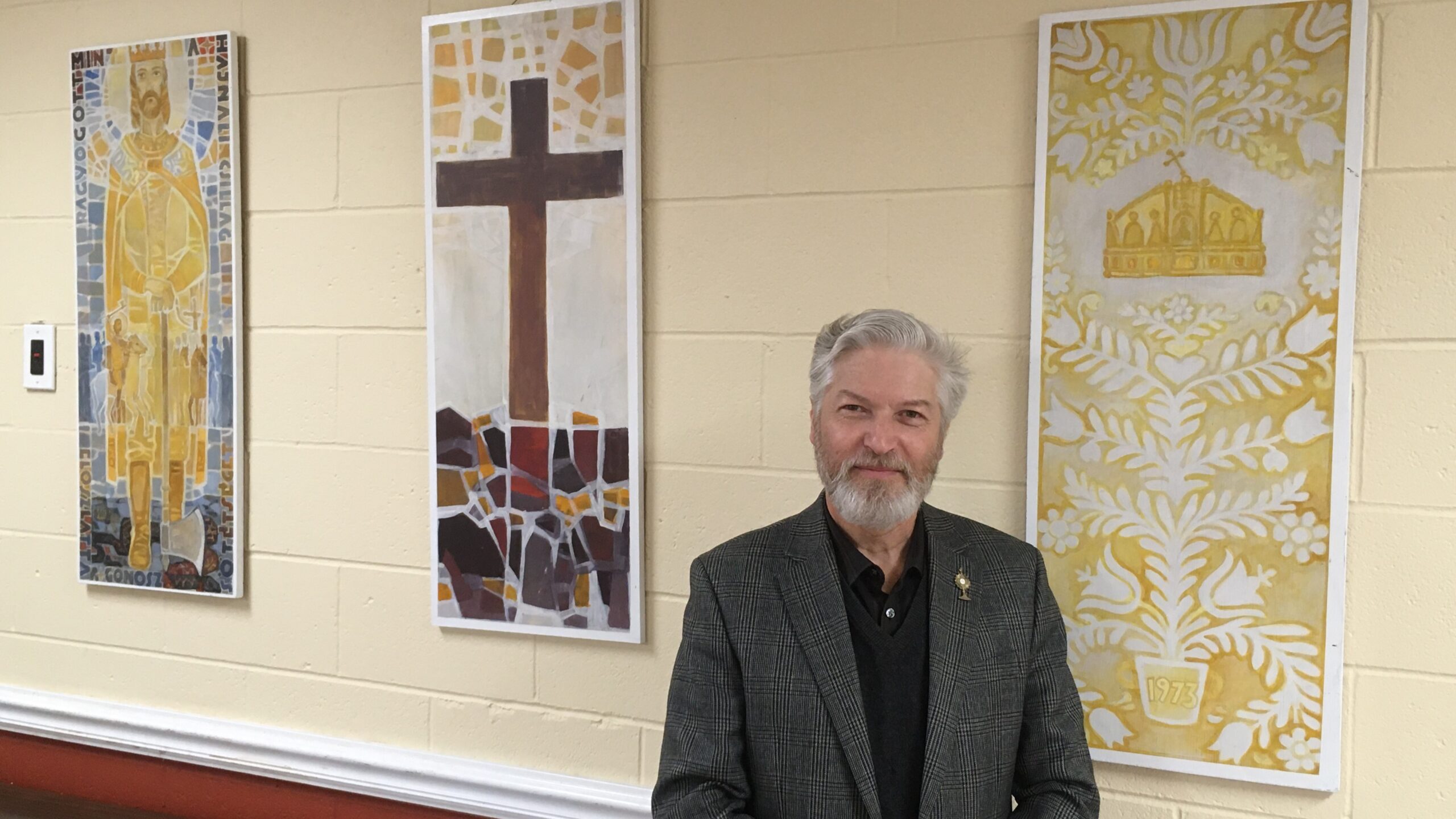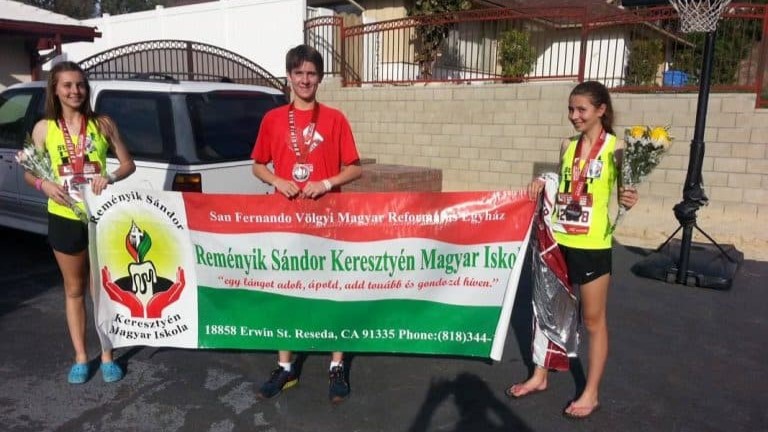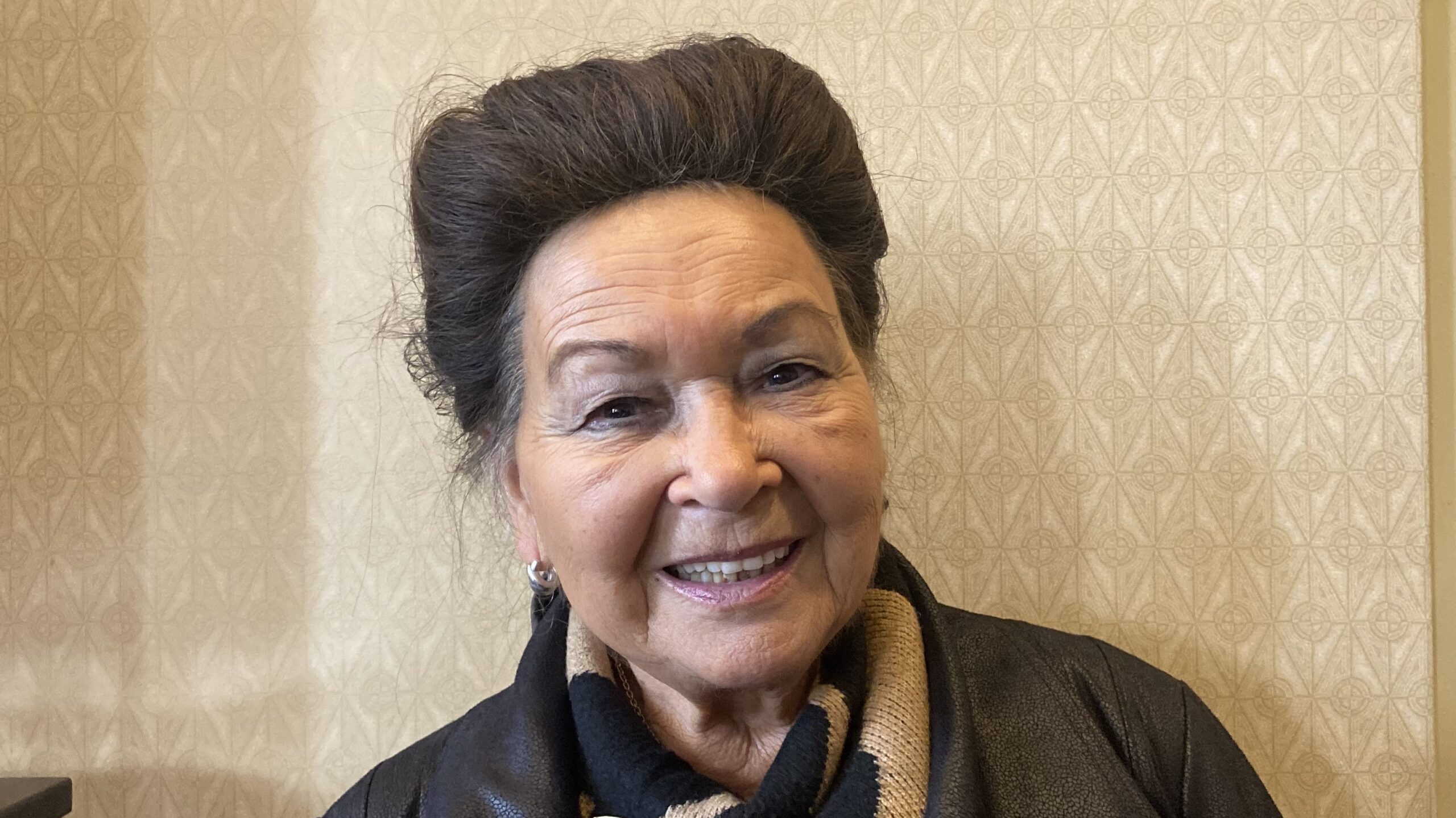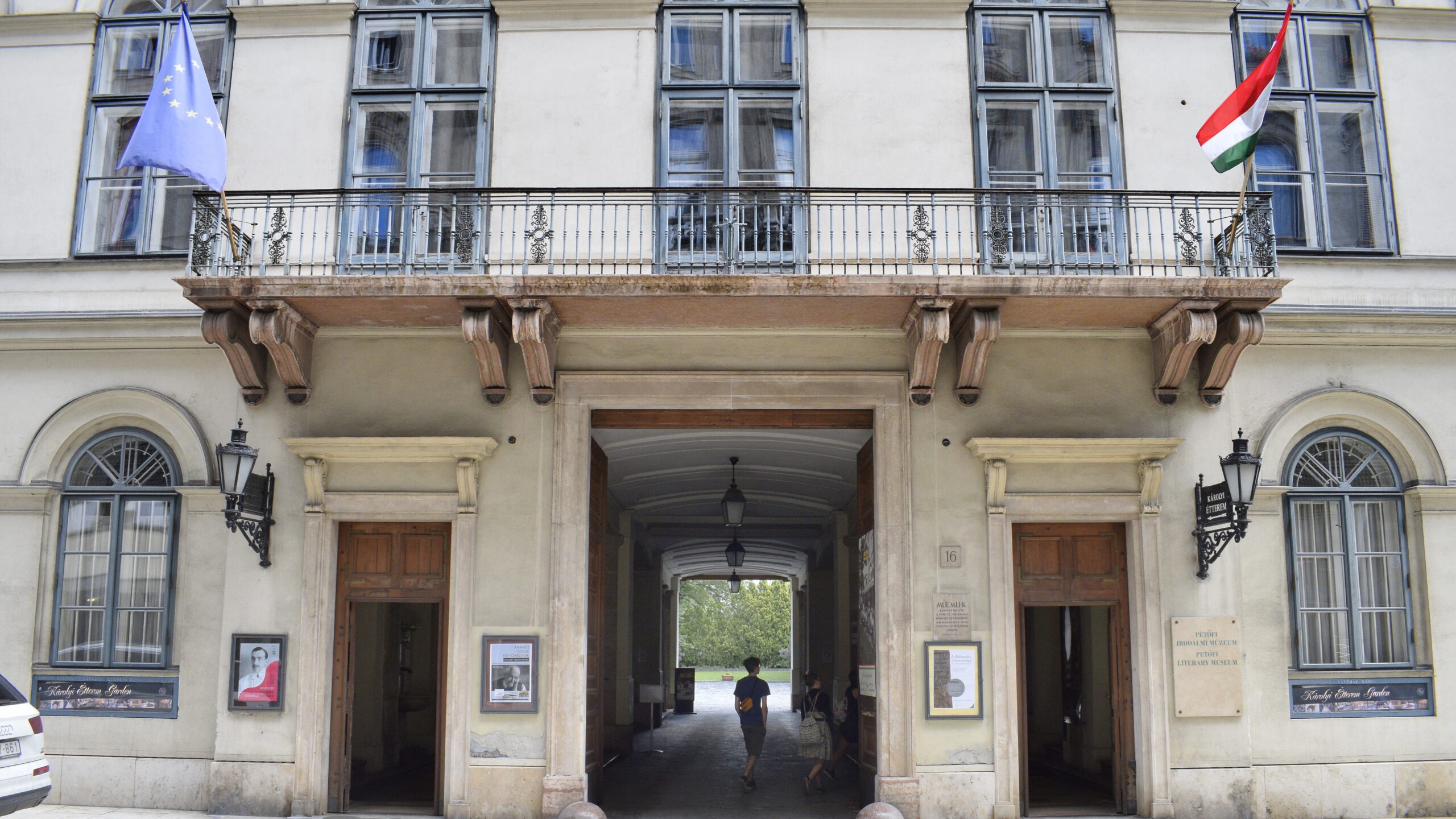
Celebrate the Spirit of 1848 with Free Programmes at the Petőfi Literary Museum
Free guided tours, educational workshops, palace walks, and an interactive city-building game await visitors at the Petőfi Literary Museum on 15 March, offering a rich programme to commemorate the anniversary of the 1848 Hungarian Revolution.


